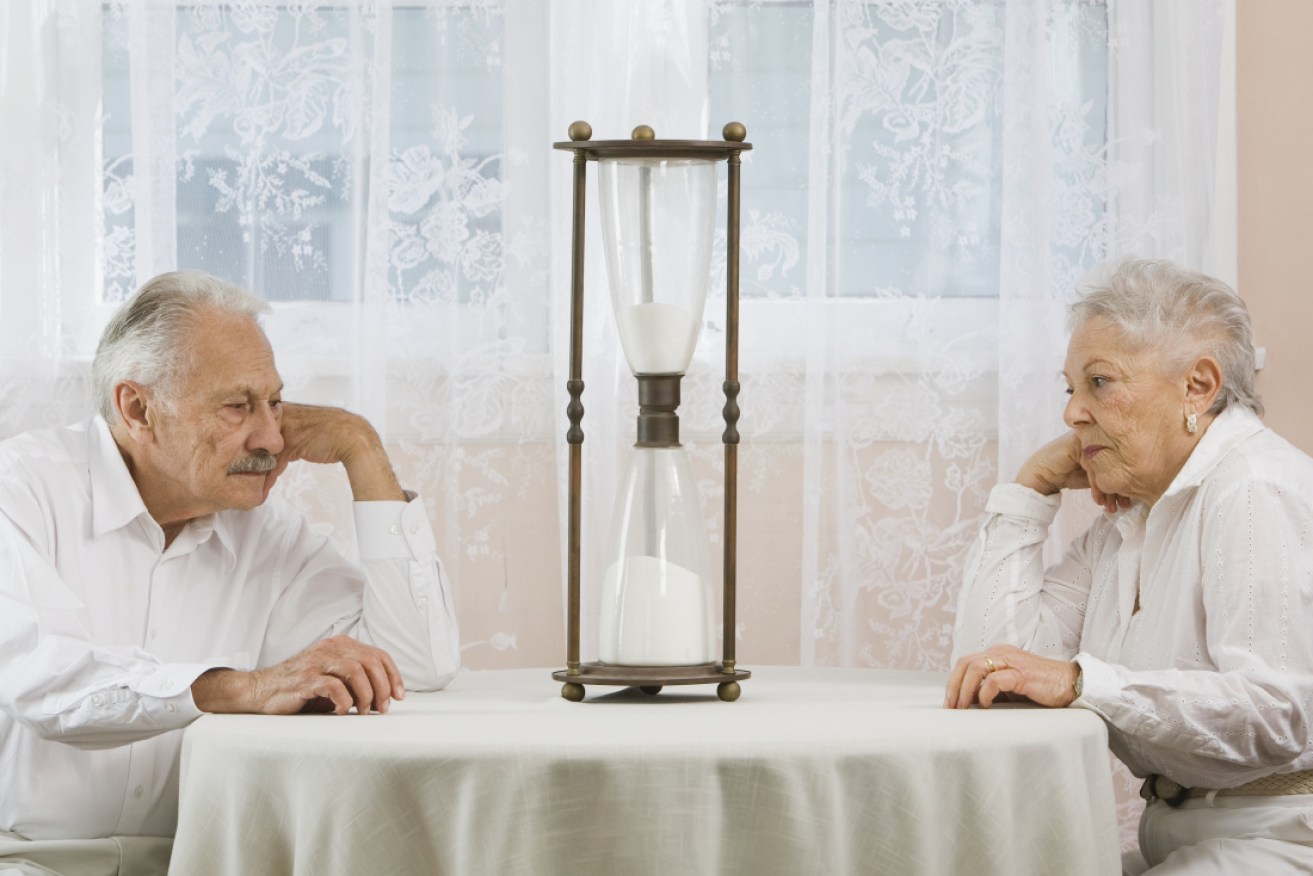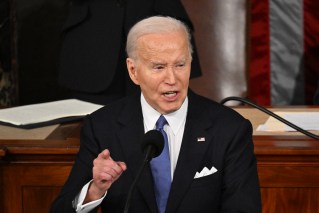How fast are you ageing? It depends on where you live


Australians don't feel they are 65 years old until they are 73. We're a slow-ageing nation. Photo: Getty
At what age do you feel 65? According to a new and unique review of age-related health problems in 195 counties and territories, it comes down to where you live.
In Australia, against the global average, we don’t feel 65 – long seen as the beginning of old age – until we’re 73.6 years old.
The Japanese and Swiss do even better, holding off their 65-year-old health burdens until they’re 76.1.
Our Pacific neighbours ageing faster
By sad comparison, our neighbours in Papua New Guinea suffer marked premature decline, hitting the 65-year mark for physical, mental and cognitive impairment at the age of 46. That is, 30 years earlier.
Of the 10 countries whose citizens decline at the fastest rate (or age more quickly), half are members of the Pacific Island forum to which Australia belongs – and which Environment Minister Melissa Price controversially mocked last year for their seeking assistance.
Apart from PNG, they are:
Marshall Islands, where people feel 65 at the age of 51
Vanuatu: 52.2
Solomon Islands: 53.4
Kiribati: 54.2.
What’s the science here?
How did the scientists – from the Centre for Health Trends and Forecasts at the University of Washington – arrive at these figures?
Using estimates from the Global Burden of Disease study, they measured each country’s “age-related disease burden”.
Well, OK – but that sounds complicated. How do you calculate such a thing?

As Benjamin Button, Brad Pitt got younger by the day. As Mr Angelina Jolie, he seemed to put on the years almost weekly, lending support to the idea that lifestyle keeps you young or not. Photo: supplied
It hinges on a metric – or unit of measurement – called the Disability-Adjusted Life Year, also known as a DALY.
The World Heath Organisation helpfully suggests that we think of a DALY as one lost year of healthy life – and is a commonly used measurement of loss of healthy life in population studies.
The sum of DALYs across the population – the burden of disease – can be thought of as a measurement “of the gap between current health status and an ideal health situation where the entire population lives to an advanced age, free of disease and disability”.
Swiss are ageing the slowest
The WHO says that DALYs for a particular disease or health condition are calculated as the sum of the Years of Life Lost due to premature mortality in the population and the Years Lost due to Disability for people living with the health condition or its consequences.
With this latest study, the researchers aggregated or clustered all DALYs related to age-related 92 diseases, including cardiovascular, chronic respiratory, digestive and kidney diseases, and neurological and mental disorders.

“Oh no, is that a wrinkle?” Don’t sweat it Roger Federer: Swiss people don’t feel 65 until they’re 76. Photo: Getty
Their findings cover 1990 to 2017. Using global average 65-year-olds as a reference group, the researchers estimated the ages at which the population in each country experienced the same related burden rate. Or putting it another way: they were able to determine which countries age faster and with poorer outcomes – and those which aged slower.
Papua New Guinea – the country found to have aged the fastest – had the world’s highest rate of age-related health problems with more than 500 DALYs – or lost healthy years – for every 1000 adults.
Switzerland had 104.9 DALYs per 1000 adults: the lowest rate of age-related disease. And so it ranked No.1 as the country that’s ageing best.
Australia, with 125.7 DALYs per thousand people, and a comparatively reliable public health system, ranked 16.
The US – with many people unable to access health care, staggering under an obesity crisis and a lethal opiate epidemic – had 161.5 DALYs and ranked 53. It was just ahead of Iran, and just behind Algeria.
“These disparate findings show that increased life expectancy at older ages can either be an opportunity or a threat to the overall welfare of populations, depending on the ageing-related health problems the population experiences regardless of chronological age,” said Dr. Angela Chang, lead author and postdoctoral fellow at the Centre for Health Trends and Forecasts at the University of Washington.
“Age-related health problems can lead to early retirement, a smaller workforce, and higher health spending. Government leaders and other stakeholders influencing health systems need to consider when people begin suffering the negative effects of ageing.”








